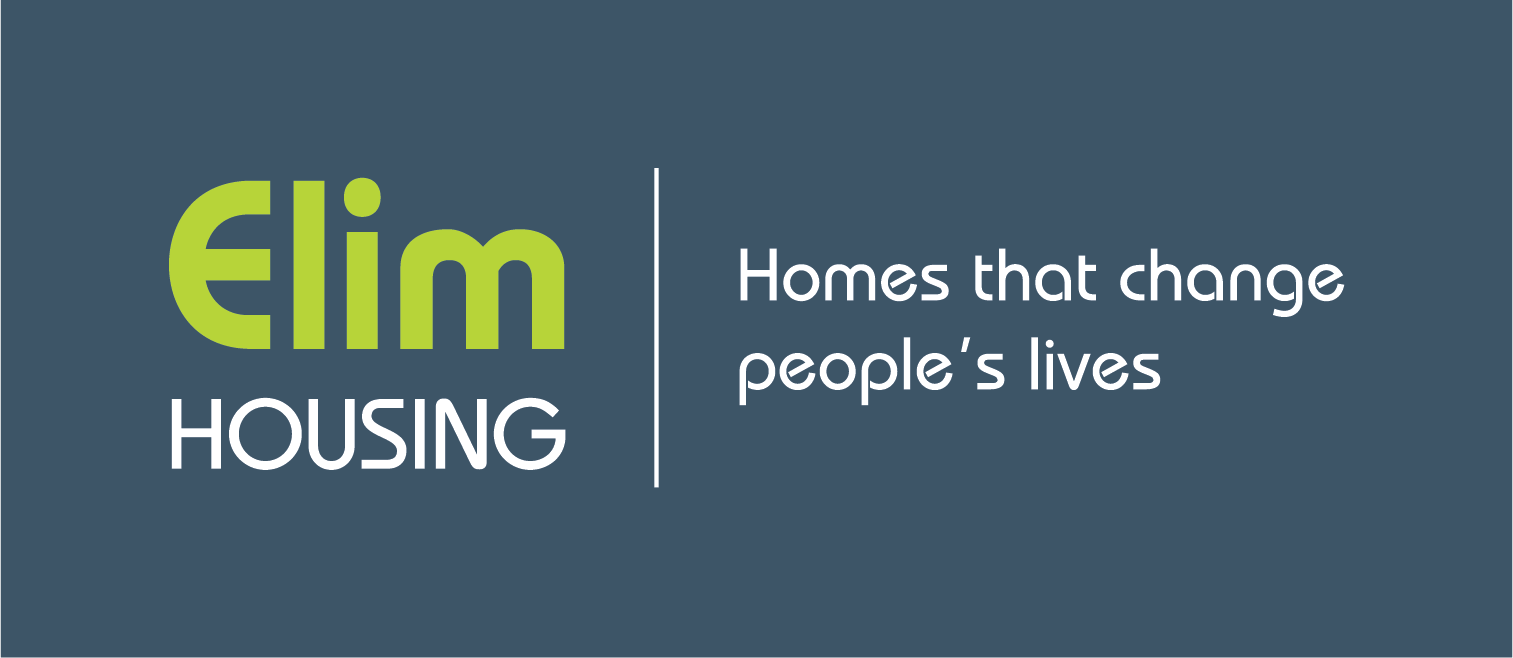Your Tools
Domestic abuse (sometimes called ‘domestic violence’ or ‘intimate partner violence’) is an incident or a pattern of behaviour that is used by someone to control or obtain power over their partner or ex-partner. It is never the fault of the person who is experiencing it, and it is a crime.
Our first aim is always to minimise any risk of harm to residents (and their children) reporting domestic violence and abuse. If you are experiencing domestic abuse, or worried about a neighbour or other Elim resident, please contact us on 01454 411172 or speak to your Housing Officer or Supported Housing Officer.
You can read our Domestic Abuse Policy in full here.
Important: if you feel in immediate danger, phone the police on 999.
We’ll listen to you, believing what you tell us, and will contact you safely, in a way and time that suits you.
We’ll treat what you tell us confidentially but, if we’re concerned that someone is at risk of serious harm, we have a duty of care to pass this onto the correct agency. Where possible we will make you aware.
We’ll be clear about what we can do and we’ll help you find specialist support. If you decide you would like to report this to the police, we can support you.
Emergency close page - Warning: This won’t remove your browsing history from your device. Women’s Aid has advice on how to cover your tracks online.
Gaslighting is just one tactic of coercive and controlling behaviour that aims to make survivors doubt themselves, their perception of events and even their own sanity, with devastating consequences. This form of abuse can be subtle.
Signs of gaslighting:
Emergency close page - Warning: This won’t remove your browsing history from your device. Women’s Aid has advice on how to cover your tracks online.
Financial abuse is one of the most prevalent forms of older people abuse and is where someone in a position of trust interferes in an older person’s ability to acquire, use or maintain their finances. It is always a crime but not always prosecuted. Financial abuse often occurs alongside other forms of abuse.
Financial abuse can include:
Emergency close page - Warning: This won’t remove your browsing history from your device. Women’s Aid has advice on how to cover your tracks online.
Coercive control is an act or a pattern of acts of assault, threats, humiliation and intimidation or other abuse that is used to harm, punish, frighten or scare their victim.
This controlling behaviour is a range of acts designed to make a person feel inferior and/or dependent.
It isolates them from any form of support, from family and friends, exploiting them for personal gain, controlling everything they do and depriving them of their right to make their own choices of everyday activities, thoughts, feelings.
It takes away their independence, which includes enforcing rules that degrade or dehumanise the victim or threats to reveal private information about them.
Emergency close page - Warning: This won’t remove your browsing history from your device. Women’s Aid has advice on how to cover your tracks online.
Physical abuse is the most visible form of domestic abuse. It includes such behaviour as slapping, burning, beating, kicking, biting, stabbing and can lead to permanant injuries and sometimes death.
The perpetrator’s aim is to intimidate and cause fear. If someone in your family or an intimate partner is acting in this way, regardless of scale, this is physical abuse. Assaults often start small, maybe a small shove during an argument, or forcefully grabbing your wrist, but over time usually become more frequent and more severe. It may be preceded by other abusive behaviours, such as verbal or emotional abuse.
Perpetrators of physical abuse may be extremely remorseful after the attacks; they may be tearful and apologetic. Alternatively they may insist that the victim started or caused the violence. They may argue that they had not intended to be physically abusive but that they ‘lost it’. These conflicting justifications often leave the victim extremely confused and aim to enable the perpetrator to maintain control over the victim. Whatever happens, it is NEVER the fault of the victim, and the excuses will NEVER excuse violent behaviour in the home.
Emergency close page - Warning: This won’t remove your browsing history from your device. Women’s Aid has advice on how to cover your tracks online.
Emotional, psychological and mental abuse are often closely linked terms that can be used interchangeably. The aim of the perpetrator of emotional abuse in relationships is to reduce confidence and esteem in order to make their victim increasingly reliant on them.
Emotional abuse in relationships can include (but is not limited to):
Emergency close page - Warning: This won’t remove your browsing history from your device. Women’s Aid has advice on how to cover your tracks online.
Honour based violence, including ‘honour killings’, is a type of abuse that is carried out in communities that have strong perceptions of ‘honour’ and ‘shame’.
Individuals may be seen to bring shame onto the family if they behave, or it is rumoured that they have behaved, in a way which the family or community disapproves of, this can result in honour based violence. This may include having a ‘non-arranged’ relationship, having a relationship with someone of a different faith, dressing inappropriately, refusing an arranged marriage, leaving a marriage or being gay.
Speaking out against honour based violence is extremely difficult as the perpetrators are more often than not the victim’s extended family and loved ones, who they do not wish to feel the force of the law.
Emergency close page - Warning: This won’t remove your browsing history from your device. Women’s Aid has advice on how to cover your tracks online.
Copyright © 2018 - 2026 · Elim Housing. All Rights Reserved · soVisionIT Web Design
